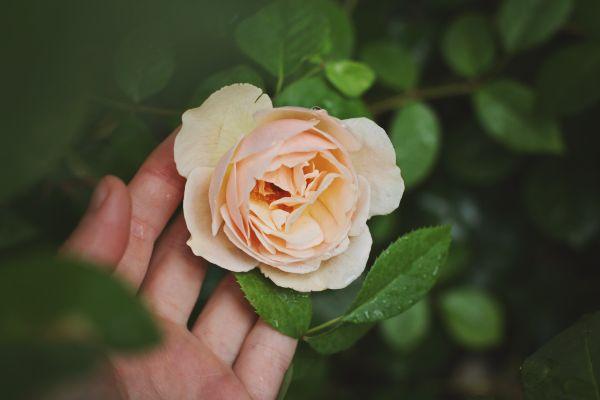Mother’s Day is usually a day of love and celebration, but for many it can break your heart into tiny little pieces. It’s a day of grief, upset and tears for millions who lost their mum or the mother figure in their life.
You feel lost, lonely and yearn for one last hug from her. It will be a tough day, but there are little things you can do to help ease the heartache. We spoke to Rachel Melville Thomas from the Association of Child Psychotherapists about coping with Mother’s Day when you have lost your mum.
Rachel shared: “Firstly, remember that your mum will always be your mum, whether on this planet, or having left it, so it can be a time to remember and hold dearly – the things that she said and did and gave you.
“It is ok to feel sad, because that just means you miss her, and missing means love. Even small babies cry and feel sad when their mums walk out of the room – it’s the way humans develop connections between parents and children. It’s an ‘Invisible String’ as the book says – even when the person you love has walked out of the room forever.”
Tips for the day
-
Take time to remember her
-
Buy a card if you like, and place it somewhere special
-
Do something to honour her- like enjoying food or music she liked. Sing a song she taught you. Look at some photos.
-
Tell someone near you about your mum, imagine what she would say if she could hear you.
-
Think about what you do, or what you believe, or the values you have – are some of them from her?
-
Be grateful – because these things never leave us – in one way she is always “in mind”
How can you celebrate without your mum being there?
The festival actually comes from the Christian church and the original name was “Mothering Sunday”. This is helpful, because it can celebrate ALL types of mothering care that we receive. From our mums, but it could be grandmothers, aunts or simply warm supportive inspiring people who “mother”, nurture and care for us.
Saying thank you to one of them can be a way of celebrating your mum of course, but also, anyone you know who provides that kind, nurturing presence.
How can you cope if isolation means you are not allowed to visit a grave or memorial?
Many of the remembrances can be done in your own home, in your garden or in a nearby park, or a church graveyard.
Standing still, closing your eyes, or looking at something beautiful can be a wonderful Mothers’ day moment.
It is my belief that the conversation you have between you and your mother is best done in the quiet shelter of your heart.
Rachel Melville-Thomas M.A. is a Child and Adolescent Psychotherapist and spokesperson for the Association of Child Psychotherapists (ACP). The ACP is the professional body for Psychoanalytic Child and Adolescent Psychotherapists in the UK. The ACP is responsible for regulating the training and practice standards of child and adolescent psychotherapy and is an accredited register of the Professional Standards Authority (PSA)
Psychoanalytic Child and Adolescent Psychotherapists have a key role in supporting other professionals who work with infants, children and young people, and their families, across the health, care, education and justice sectors.
To find out more or find a therapist to support your child and family please visit https://childpsychotherapy.org.uk/fat






